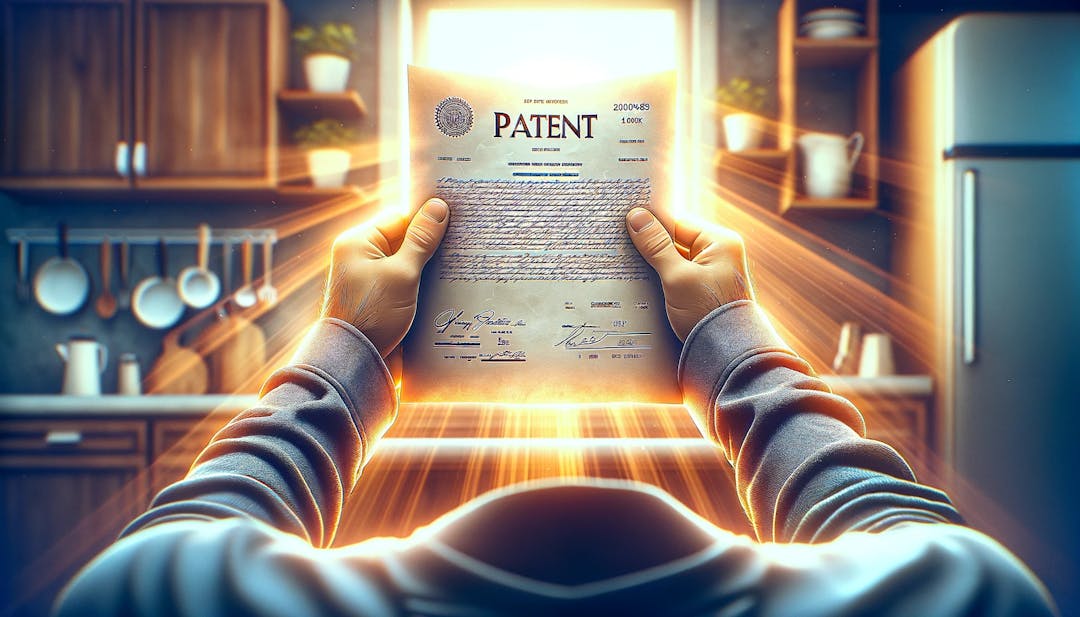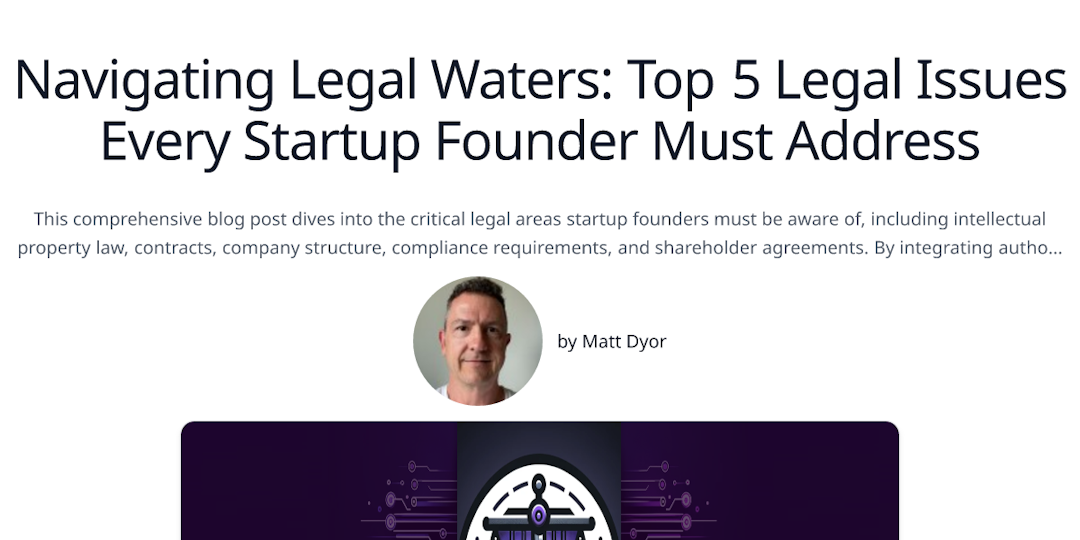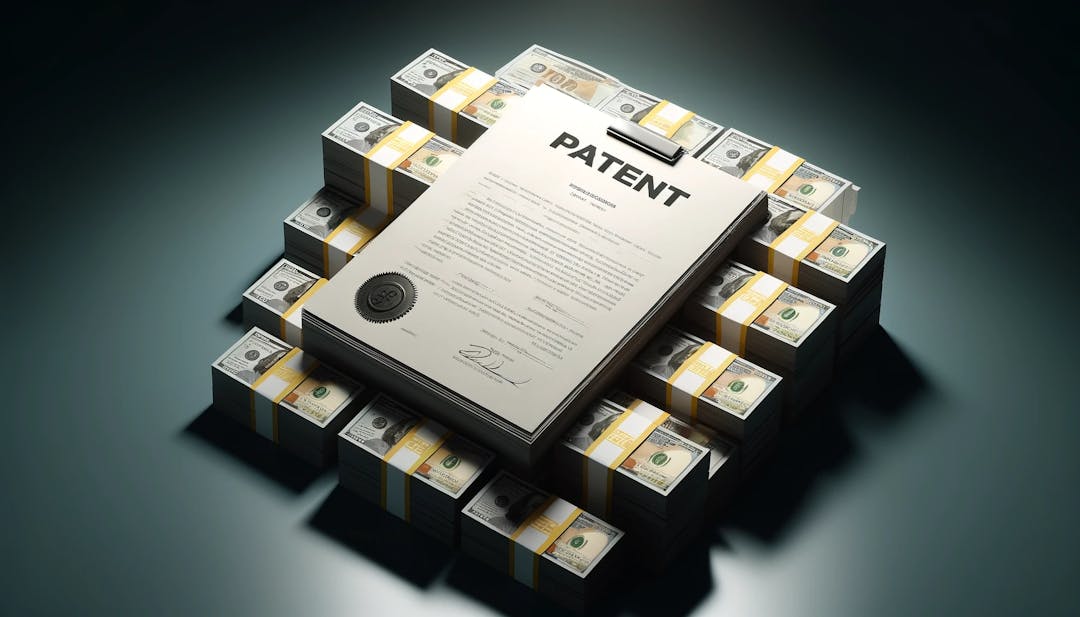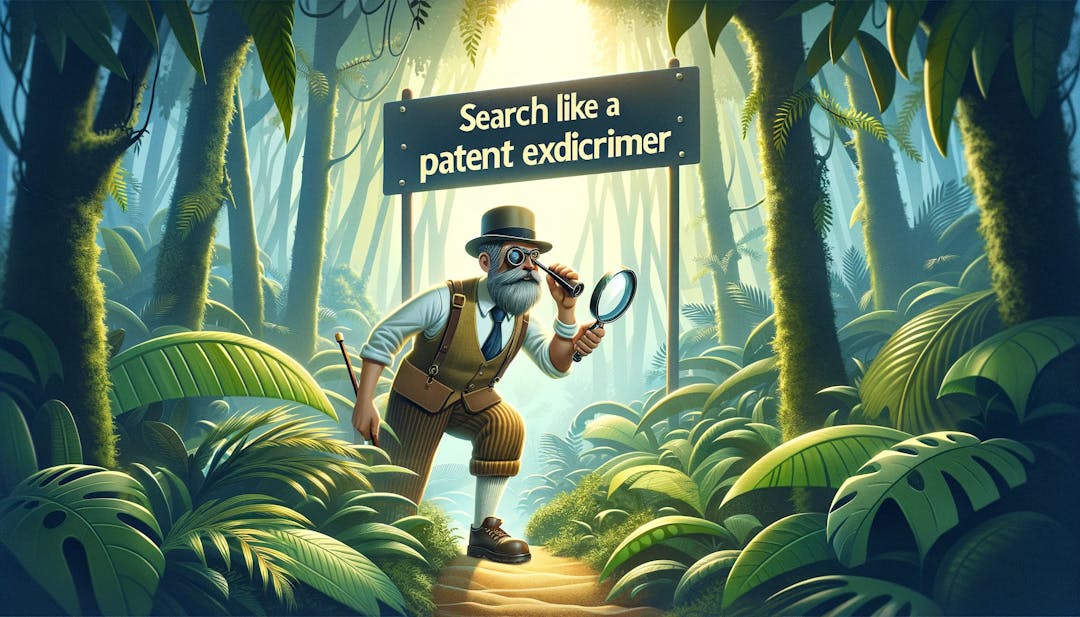I write legal content for two people: commercial inventors and solo founders. A commercial inventor focuses on ideating, prototyping, protecting, and licensing patents to a licensing company (and the licensing company sells a product based on the licensed patent to customers). A founder sells a product or service directly to customers, and patents serve as one of the many legal functions that the founder must address (and likely not the most important legal function). Additional legal issues that startup founders must address include: corporate formation, product liability, employment law, copyright, trademark, privacy, and contract.
I understand the challenges commercial inventors and solo founders face, and I am here to share my experience with you. I focus on minimizing costs (time and money), because new ventures are expensive (in time and money) and inventors and founders need to prioritize their investments to give them the best chance of success. With my expertise in patent law and a passion for empowering solo inventors and founders, I can help you get a "clear picture of the fuzzy object" - developing a more clear path through a very complex maze of commercializing your invention.
 ## Strategy for Commercial Inventors
## Strategy for Commercial Inventors
If you plan to license your intellectual property, securing a patent is the critical step in generating business value. But I do not recommend just jumping straight in to writing a patent application or hiring a patent attorney. Instead, consider this approach.
Connect with Your Future Licensees
To ensure that you are creating a licensable patent, you should have in mind who is going to license your invention. You can even reach out to the potential licensee in advance and try to figure out what process they have for licensing patents. QUESTION: if you cannot get them to respond to you before you have invested time and money in securing a patent, what makes you think you will be able to get them to respond AFTER you have a patent? You do not need to disclose the nature of your idea - but just see if you can find the decision makers. I will write a post about validating licensees up front - shoot me an email if you want me to write that one faster!
Conduct a Patent Search
Although not required, you will likely benefit from conducting a search to both understand what others have already invented and to learn how to describe your invention in a manner consistent with industry norms. Check out this post on "Search Like a Patent Examiner" at https://leanfounder.attorneymesh.com/search-like-a-patent-examiner ↗ for details.
File a Provisional Patent Application
Although you can hire an attorney to write your patent application, the cost of hiring a patent attorney can be expensive. Before you file your provisional application, you should make sure that you are ready to invest all that is required for you to get an issued patent. See "Understanding the Costs of Securing a Patent for Startups" https://leanfounder.attorneymesh.com/understanding-the-costs-of-securing-a-patent-for-startups ↗ for details.
One way to reduce the fees is to write your own patent application. Check out "Write and File a Provisional Patent Application" at https://leanfounder.attorneymesh.com/write-and-file-provisional-patent-application ↗ for some insights into this process. You also may want to consider a hybrid approach: start by filing your own provisional patent application, validate that there is demand for your invention, and then engage an attorney. There is risk in this strategy (e.g., you may fail to adequately disclose your invention while a patent attorney would have established an earlier effective filing date), but given the uncertainty at the onset of an invention this approach may be best for you.
 ## Strategy for Solo Founders
## Strategy for Solo Founders
Solo Founders have it tough. They need to deal with many of the same legal issues that Fortune 500 companies deal with, despite having...slightly lower revenues. I have taken a cut at highlighting the most important items that Solo Founders need to take at "Navigating Legal Waters: Top 5 Legal Issues Every Startup Founder Must Address" https://leanfounder.attorneymesh.com/navigating-legal-waters-top-5-legal-issues-every-startup-founder-must-address ↗. This post is a work in progress. If there are issues you would like me to flesh out or additional issues you would like me to discuss, ask a question or drop me an email.
Let's Talk about Your Strategy
If you want to talk about your strategy, either as a commercial inventor or a solo founder, grab time from my calendar at meet.dyor.com ↗. Having a sounding board can help you shift your focus to the work that is most likely going to tilt the scales in your favor. Whether or not we talk, good luck on your venture. The world needs more inventors and founders.





















